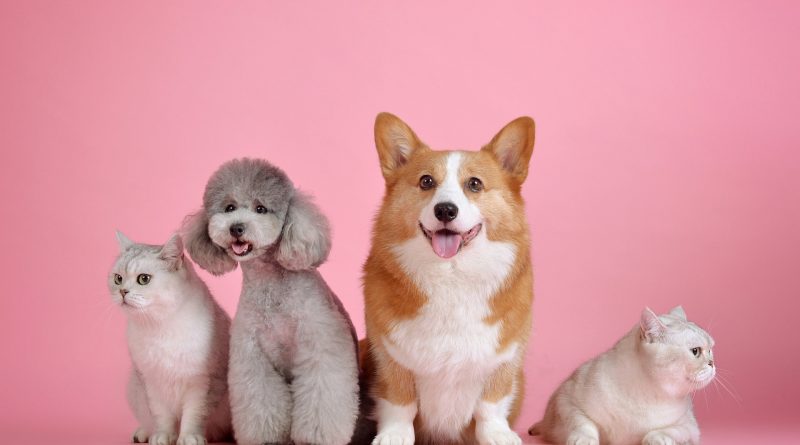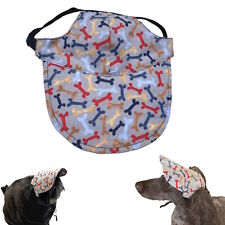How to Practice Holistic Pet Care

We hear the word ‘holistic’ being thrown around a lot when companies want to make their products sound more natural. But, how do we know if the term is being used correctly and how does it relate to your pet’s health? Here’s what you need to know about holistic pet care.
What is holistic care?
In order to understand how the word ‘holistic’ applies to your pet’s health, it’s important to understand what holistic care means. In the most basic sense, holistic care means treating the entire body and how each system relates to each other. It’s about how the things your dog consumes, and his environment, affect his entire being, not just one symptom or organ.
Tools of Holistic Pet Care
· Nutrition
Proper nutrition is the first step to successful holistic health care. Whether your dog or cat eats homemade food, a raw diet, or something from the store, it should be the most nutritious food you can find and afford. High-quality pet food should contain mostly meat, with a few vegetables and little to no grains. Never feed a food that’s full of by-products, chemical preservatives, or fillers.
· Health Care
Choose a veterinarian who supports your goals of providing minimally invasive, holistic care for your pet. Do your own research and ask lots of questions before choosing treatment. Sometimes, you might even want to consult with both a conventional vet and a holistic vet to approach your concerns from different angles, possibly avoiding invasive procedures like certain diagnostics or surgery.
· Vaccinations
Speak with your vet about a more conservative vaccine protocol. Prioritize life-threatening illnesses that your pet may be at risk of contracting in your area or through certain activities, such as daycare or the dog park.
· Emotional Health
Your pet’s emotional health is just as important as his physical health because the two are linked together. Make sure your pet receives plenty of attention and exercise to relieve anxiety and stress. If he’s a high-energy dog, give him something to do, such as a job, agility, or just carrying in the newspaper every morning. Dogs and cats need mental stimulation just like humans do, so provide new experiences as often as possible.
· Alternative Medicine
Alternative medicine is an essential part of holistic pet care. Learn about how Western and alternative medicine can work together to provide a well-rounded approach to your pet’s health. Massage, chiropractic, homeopathy, acupuncture, and herbal medicine are becoming more and more common in holistic pet care.
If providing holistic care for your pet is a priority for you, talk to your vet to ensure that he will be supportive of your goals. While some vets welcome a more proactive approach from pet owners, others can be resistant. Don’t wait until your pet has a health issue to find out that his current doctor isn’t open to new ideas.










